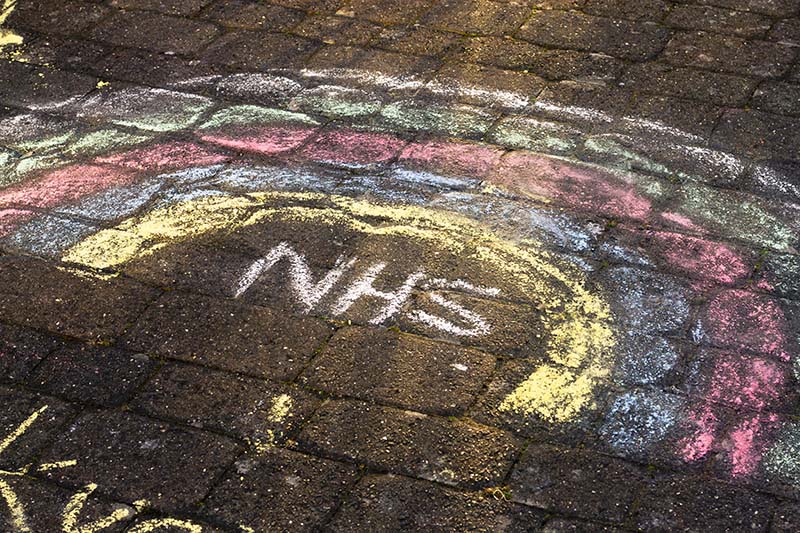The coronavirus outbreak has put a substantial burden on the NHS. Well before the pandemic erupted, hospitals have been under strain to meet increasing pressure. Furthermore, the UK’s population is rapidly ageing, necessitating more hospital visits and longer stays in NHS Hospital beds. Personal Alarms for the Elderly, we feel, will be an important part of the answer to this rising problem.
NHS Hospitals Are Overwhelmed
Somewhere at the close of 2019, A&E wait times reached an all-time high. These delays are caused in part by bed blockage, which is a problem in NHS hospitals across the UK. Bed-blocking occurs when patients are unable to leave the hospital despite being medically ready to do so due to social care expenditures or a lack of organised care.
According to 2017 research, bed-blocking had increased by 52% in three years. The following statistics were included in the report:
In April 2017, patients in England experienced over 177,000 days of delays, affecting more than 5,900 beds. Total postponed days increased from 116,261 in April 2014 to 177,137 three years later. Actual beds blocked increased from 3,875 per day in April 2014 to 5,905 in April 2017. According to the data, patients without a home care plan accounted for 36% of all social-care-related delays in April (or 23,900 days). The epidemic has put additional strain on the provision of social care. Unfortunately, the NHS was under greater strain than ever before in November 2021, with one out of every ten beds blocked. Here, we believe personal alarms for the seniors can assist the NHS.
Personal Alarms System for the Elderly
The True Kare alarm system is becoming increasingly popular to keep people out of hospitals and in their homes. A personal Alarm typically consists of a Lifeline pendant worn around the neck or wrist, as well as an alarm base unit that is powered by the mains.
If a True Kare user requires assistance, they can press the button on their pendant and be assured that aid is on the way. When the user presses the help button, an alert is sent to our 24/7 Response Team, who will be able to send aid quickly, either by calling the user’s emergency contacts or the emergency services.
This means that the alarm user may stay independent at home, secure in the knowledge that our Response Team is available 24 hours a day, 365 days a year to respond to their distress call. In some circumstances, having a personal alarm in place might reduce or even eliminate the need for hospitalisation.
Reducing the Demand for Hospitals
Many of our clients purchase an alarm from us after being discharged from the hospital due to a fall or other health issues. Our personal alarms for the elderly frequently help them avoid hospitalisation in the long run. This is beneficial not only to our consumers but also to the NHS.
Personal Alarms have already assisted 1.7 million people in remaining safe at home. They can do the same for you or a loved one. The True Kare Alarm is simple to set up and use.
Is the NHS equipped with Personal Alarms?
Personal alarms are not provided by the NHS. Until recently, many local governments provided means-tested personal alarm plans to retirees and individuals with disabilities. However, in many instances, these local government programmes have been reduced or eliminated entirely. Fortunately, True Kare continues to be a dependable and inexpensive provider of personal alarms for the elderly and disabled throughout the UK. We provide a basic personal alarm plan as well as a fall detector for added security.
Visit our website to order your personal alarm, or phone us free at 03303320713. Any questions you may have will be answered by a member of our Customer Service staff. Alternatively, you can fill out the Contact Us form on our website and we’ll get back to you as soon as possible.

